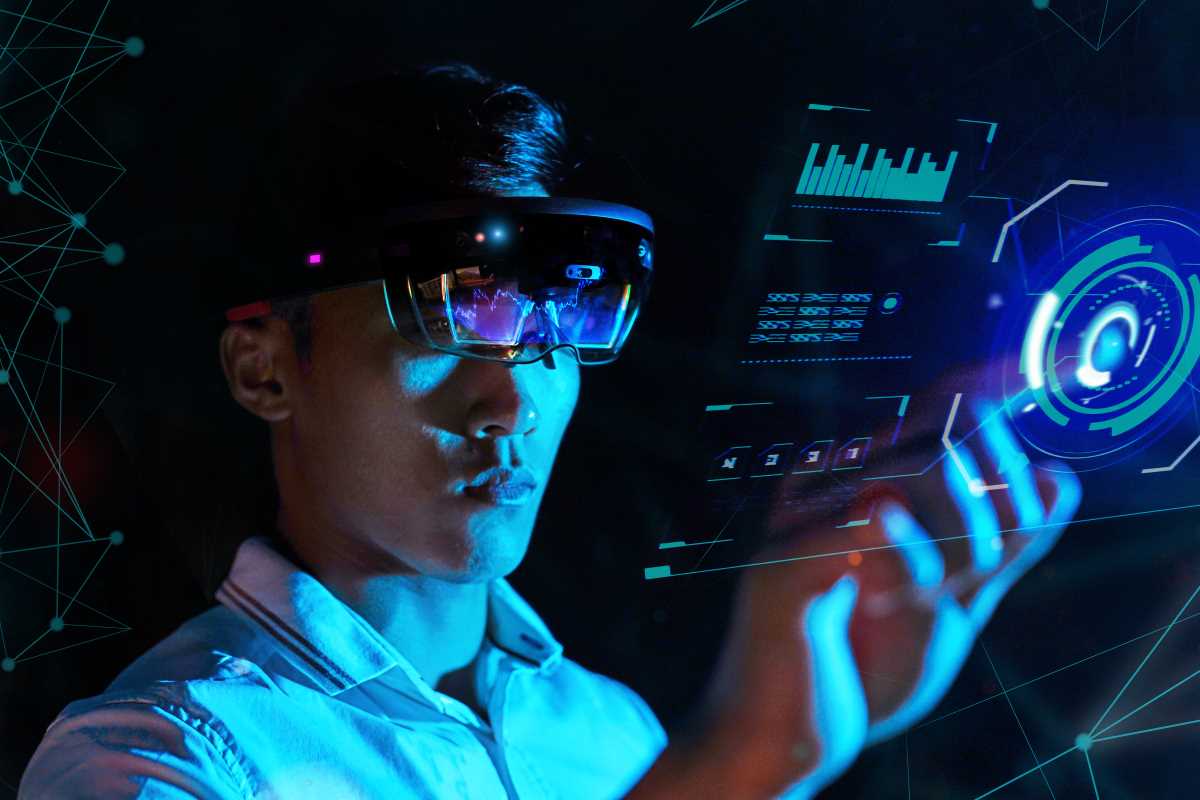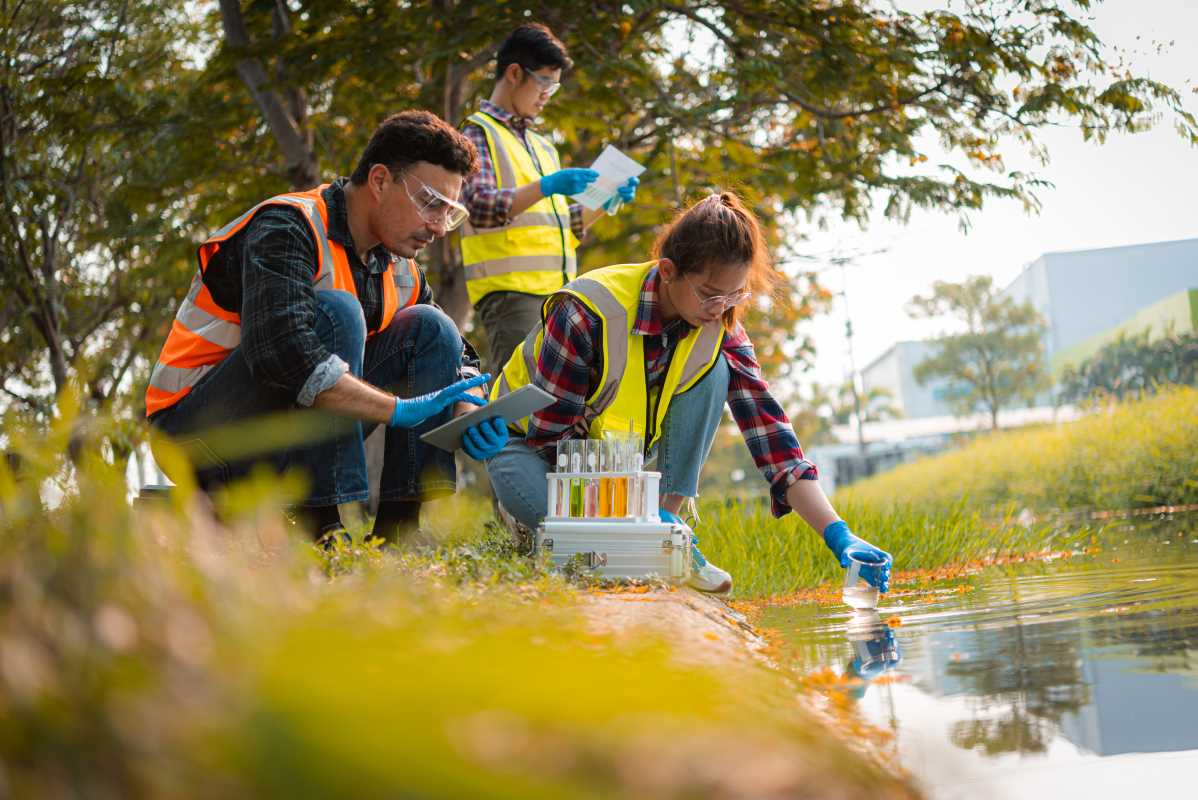The world of work transforms quickly. Technology, new industries, and societal shifts create roles that were once unimaginable. Many of today’s most in-demand careers did not have a name five years ago. This rapid evolution highlights a new reality. Adaptability and continuous learning are now essential for career growth.
Understanding these new roles offers a look into the future of employment. It shows where industries are heading and what skills are becoming valuable. For professionals and students, this knowledge is critical for navigating the modern job market.
This article examines several key jobs that have emerged in recent years. We will explore what these roles involve, the skills required, and the trends driving their existence.
1. AI Ethicist
The rise of artificial intelligence created an urgent need for oversight. AI systems make decisions that affect lives, from loan applications to medical diagnoses. This power comes with significant ethical risks, including bias and a lack of transparency.
Enter the AI Ethicist. These professionals guide organizations in developing and deploying AI responsibly. They work to ensure that algorithms are fair, transparent, and aligned with human values. The role is a mix of philosophy, law, and computer science.
An AI Ethicist’s work involves:
- Reviewing AI models for potential biases.
- Developing ethical guidelines and governance frameworks.
- Advising engineers and executives on responsible AI practices.
- Engaging with regulators and the public on AI-related issues.
To enter this field, a background in ethics, law, computer science, or social science is valuable. An advanced degree is often preferred. Strong analytical skills and the ability to navigate complex moral questions are essential.
2. Drone Operator
Commercial drones have moved from a niche hobby to a vital business tool. Industries from agriculture to real estate now rely on them. This created a new professional class: the licensed drone operator.
These are not just pilots. They are skilled technicians who use drones to capture data, conduct inspections, and create high-quality aerial imagery. A certified drone operator for a construction firm might monitor a site’s progress. An operator in agriculture could use drones to assess crop health. The film industry uses them for dramatic aerial shots.
Key responsibilities include:
- Operating drones safely and in compliance with FAA regulations.
- Planning flight paths to achieve specific objectives.
- Maintaining and repairing drone equipment.
- Processing and analyzing the data or imagery collected.
Becoming a professional drone operator requires a Part 107 license from the FAA. Specialized training in areas like thermal imaging or land surveying can open up more advanced opportunities.
3. Virtual Reality (VR) Experience Designer
Virtual and augmented reality are no longer just for gaming. Companies now use these technologies for everything from employee training to virtual product showrooms. The demand for compelling, immersive experiences has created the role of the VR Experience Designer.
These designers are architects of virtual worlds. They combine user experience (UX) principles with 3D design and storytelling to build intuitive and engaging VR environments. Their goal is to make the virtual experience feel natural and purposeful.
A VR Experience Designer focuses on:
- Mapping out user journeys within a virtual space.
- Designing intuitive interfaces and interaction models for VR.
- Prototyping and testing experiences to ensure they are not disorienting.
- Collaborating with 3D artists and developers to bring the vision to life.
A background in game design, UX design, or 3D modeling is a strong foundation. Proficiency with tools like Unity or Unreal Engine is crucial. As the metaverse expands, this role will only become more important.
4. Sustainability Analyst
Consumers and investors now demand that companies operate sustainably. This pressure has moved environmental, social, and governance (ESG) issues from a side concern to a core business strategy. The Sustainability Analyst is central to this shift.
These professionals help organizations measure, report, and improve their ESG performance. They analyze everything from a company’s carbon footprint to its supply chain ethics and diversity initiatives. Their work provides the data needed for companies to set meaningful sustainability goals.
The job involves:
- Collecting and analyzing ESG data across the organization.
- Preparing sustainability reports for investors and regulators.
- Identifying risks and opportunities related to climate change and social issues.
- Working with different departments to implement sustainability projects.
A degree in environmental science, business, or finance can lead to this career. Certifications in sustainability reporting standards, like those from GRI or SASB, are highly valued.
5. Remote Work Coordinator
The widespread adoption of remote work created a new set of logistical challenges for companies. How do you maintain culture, collaboration, and productivity when your team is distributed? The Remote Work Coordinator, or Head of Remote, is the answer.
This role is dedicated to making remote work successful. These leaders develop the policies, tools, and practices that support a thriving remote workforce. They focus on everything from onboarding remote employees to fostering a sense of community from afar.
Key responsibilities include:
- Establishing communication protocols and best practices for remote teams.
- Selecting and managing the technology stack that enables collaboration.
- Organizing virtual team-building events and activities.
- Developing policies on flexible hours, asynchronous work, and home office stipends.
This role requires strong skills in human resources, operations, and communication. Experience managing distributed teams is a significant advantage. This position ensures that remote work is an asset, not a liability.







